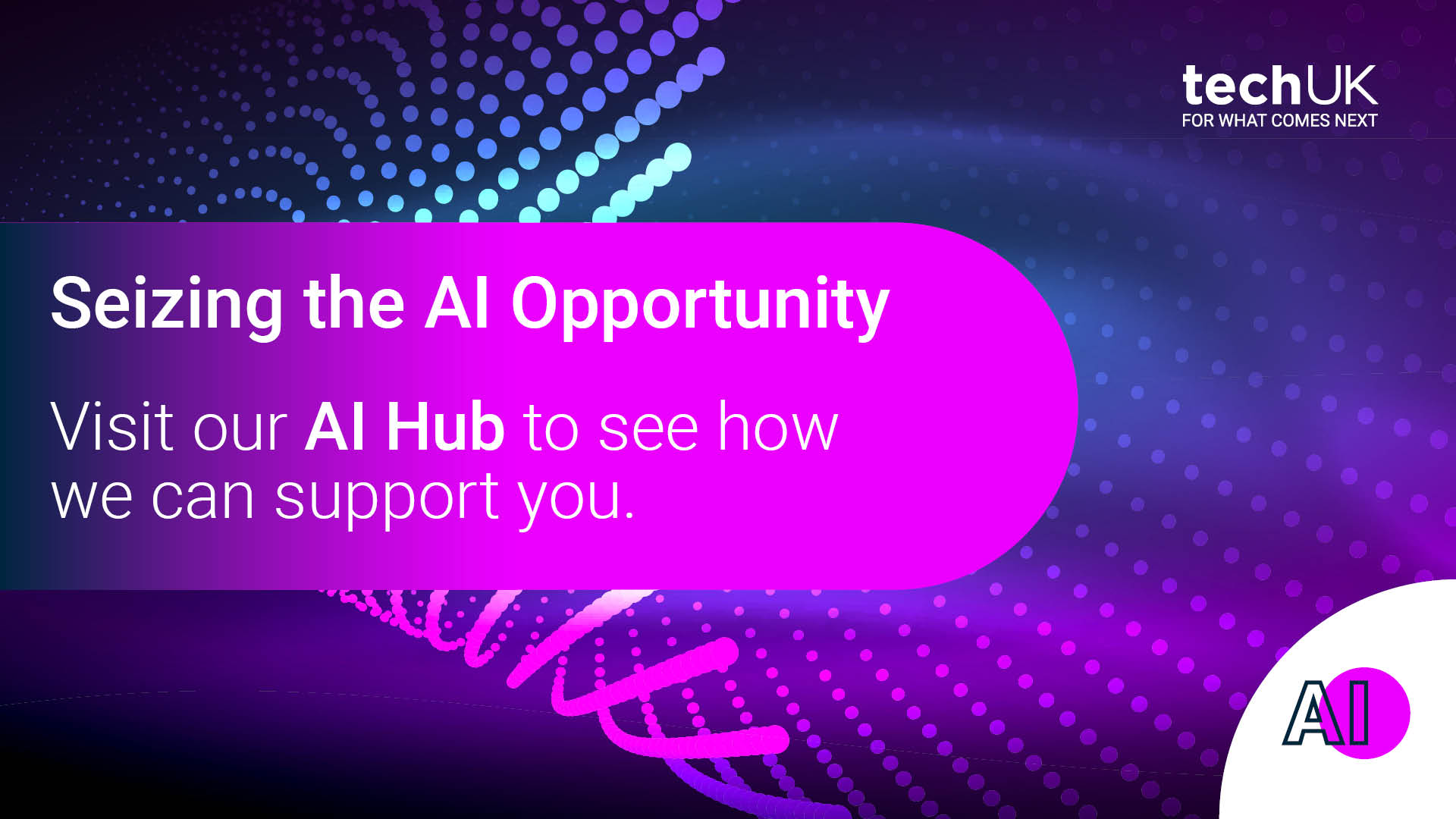Beyond the Hype: Cloud Analytics, AI, and the UK's Productivity Challenge
The Great British Productivity Puzzle
Let's start with some brutal honesty: the UK has a productivity problem. The fundamental issue isn't a lack of fancy tech solutions, it's that UK companies chronically underinvest in both technology and people.
That doesn't mean cloud analytics and AI are useless—far from it. But their potential lies in practical applications rather than revolutionary transformations:
-
Automating low-value tasks: Document processing, form filling, and basic analysis that consume countless hours
-
Enhancing decision quality: Moving from gut feeling to data-driven choices
-
Creating entirely new capabilities: Like the NHS's National Data Library unlocking research potential
Most jobs won't be transformed overnight. Expect a modest 1.5% productivity boost across the economy. That might not sound revolutionary, but across the entire British economy, it's significant—and achievable before we reach AGI.
Sector-Specific Opportunities: Where Data Meets Domain Knowledge
Not all industries are equally positioned to benefit from cloud-based analytics. Some standouts:
Travel & Hospitality: forward-thinking companies should use cloud analytics to optimise pricing strategies, predict maintenance needs for fleets, and personalise guest experiences based on behaviour patterns.
Insurance is paradoxically both ahead and behind. Many large insurers have sophisticated internal data science teams, but they're often heavily product-focused, missing opportunities in customer experience and operational efficiency.
Paper-based industries like real estate, legal, and accounting represent enormous untapped potential. These sectors still drown in manual document processing and Excel-based workflows. Cloud-based document understanding and process automation can reduce processing time by 70-80%, freeing professionals to focus on high-value analysis rather than data entry.
Retail/E-commerce thrives with cloud-based optimisation. Retailers are finding success by using constrained optimisation to adjust prices across thousands of SKUs weekly, balance inventory turnover, and personalize customer experiences based on behaviour rather than demographics.
The secret? The biggest ROI often comes from linear programming, discrete-event simulation, and cohort analysis.
Cultural Transformation: The Real Work
Technology is only half the battle. The cultural challenges in becoming truly data-driven are where most organisations stumble:
Leadership: Executives sometime claim to want data-driven decisions until the numbers contradict their gut feeling. Cloud tools like Power BI expose this hypocrisy by making insights unavoidable.
Data Silos: Legacy systems breed data fiefdoms. Cloud integration tools dismantle these walls—one logistics company merged 37 separate tracking systems, revealing £12M in redundant contracts.
The Skills Chasm: Companies throw "data literacy" courses at employees like confetti. Effective upskilling requires contextual learning—like GCP’s Vertex AI Workbench templates that let sales teams practice their own cohort analysis on real data (and other data science workflows)
Trust Deficits: Black-box models breed distrust. Tools that let non-technical teams probe model logic ("Why was this loan application denied?") build confidence in data-driven decisions.
Remember: Cloud tools don't create data-driven cultures—they expose whether you ever had one to begin with.
Regulatory Realities: Beyond Compliance Theatre
What we need is regulatory scaffolding, not straitjackets:
-
Data Trusts with Teeth: Public-private entities acting as neutral data stewards
-
Regulatory Sandboxes That Work: Offering real exemptions and meaningful pathways to production
-
Interoperability Standards as Law: Mandating API standardisation and schema alignment
Security Without Sacrifice: Protecting Data While Enabling Innovation
Managing sensitive data in the cloud doesn't require choosing between security and agility. The best approach makes secure choices the path of least resistance:
-
Zero Trust, Not Zero Agility: Implement Just-in-Time access and attribute-based controls
-
Shift Security Left: Embed guardrails directly into CI/CD pipelines
-
Automate Classification: Deploy ML classifiers at the data pipeline layer to auto-tag sensitive information
-
Assume Breach, Focus on Resilience: Run regular data spill drills and plant canary tokens
The best data teams treat security like Kubernetes—declarative, automated, and invisible. When developers don't have to think about encryption (it's just storage_class=encrypted), innovation thrives alongside compliance.
The AI Bifurcation: Signal vs. Noise
Cloud-based AI isn't evolving decision-making uniformly—it's creating two distinct realities. Some organisations leverage these tools for faster, more informed decisions. Others drown in LLM-generated nonsense while burning six figures monthly on unnecessary GPU clusters.
While we believe that every business is an AI-ready business, in truth only about 5% of companies truly have their data foundations primed to unlock the full potential of AI. Their secret? Treating AI as a condiment, not the main course.
The Next Five Years: Evolution, Not Revolution
Looking ahead, several emerging trends will reshape productivity:
LLM Specialisation: Domain-specific models, like Microsoft’s Phi-3 Small Language Model, that orchestrate workflows rather than just generating text
Edge Analytics: Processing data where it's created for microsecond decision loops
Data Fabrics: Context-aware meshes reducing time-to-insight from weeks to hours
MLOps Maturity: AI-driven development compressing model lifecycles, like GitLab’s Auto DevOps
Digital Twins & Industrial Metaverses: Living simulations optimising factories and cities before physical changes
But the most transformative trend will be generational—as digital natives who've never known life without cloud take leadership roles, these technologies will stop being "innovations" and start being business as usual.
Parting Thoughts
The UK's productivity challenge won't be solved by chasing rainbows. It requires pragmatic application of cloud technologies to solve real business problems while simultaneously addressing the cultural and organisational barriers to data-driven decision-making.
The companies that win won't be those with the glossiest AI strategy decks, but those fixing their fundamentals while applying practical cloud tools to solve real problems. Measure everything, but obsess over what actually changes behavior. The rest is vendor fantasy camp.
techUK - Seizing the AI Opportunity
The UK is a global leader in AI innovation, development and adoption.
AI has the potential to boost UK GDP by £550 billion by 2035, making adoption an urgent economic priority. techUK and our members are committed to working with the Government to turn the AI Opportunities Action Plan into reality. Together we can ensure the UK seizes the opportunities presented by AI technology and continues to be a world leader in AI development.
Get involved: techUK runs a busy calendar of activities including events, reports, and insights to demonstrate some of the most significant AI opportunities for the UK. Our AI Hub is where you will find details of all upcoming activity. We also send a monthly AI newsletter which you can subscribe to here.
Upcoming AI Events
Latest news and insights
Subscribe to our AI newsletter
AI and Data Analytics updates
Sign-up to our monthly newsletter to get the latest updates and opportunities from our AI and Data Analytics Programme straight to your inbox.
Contact the team
Visit our AI Hub - the home of all our AI content:

Enquire about membership:











